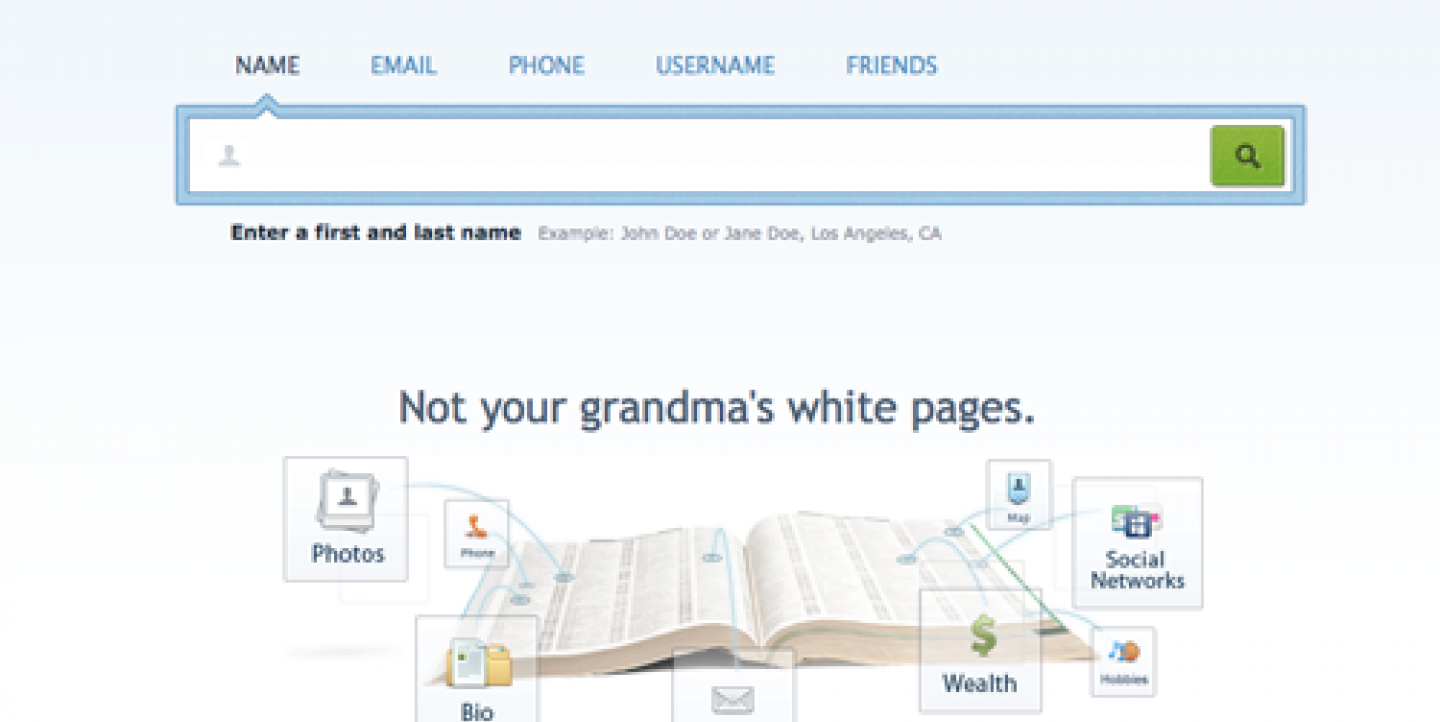Updated 16/11/2011 10:20 EST
Journalists need to go beyond Google and incorporate other search tools in their toolbox.
A range of tools are required to do the job, says Amy Webb, CEO of Webbmedia Group.
The former Wall Street Journal and Newsweek reporter offered up some underused search methods during a presentation on “Emerging Tech Trends for Academia” at the Journalism Interactive conference organized by the Philip Merrill College of Journalism at the University of Maryland.
To avoid information overload, Webb recommended a few tools.
1) Helioid
Helioid uses data visualization to make sense out of search results, Webb said. Searching for George Michael (“The most important popstar of our time,” Webb maintains), Helioid offers dynamic color-coded results. When IJNet searched today, the best results were marked with blue dots, news was coded in green and songs were in red.
2) Greplin
Free search app Greplin mines everything on your computer, iPhone plus social media accounts - including Facebook, Twitter, LinkedIn, Gmail, Delicious, Tumblr and others.
Greplin allows you “to search everything that happened in your digital life,” Webb said.
3) Qwiki
Qwiki scours the web to create a multimedia presentation on the fly for any search term you enter.
Instead of displaying a list of results, Qwiki organizes info and provides context. A quick search on "journalism" for example offers up a dictionary-type audio definition with five topics grouped underneath about related issues like "the history of journalism" and "press freedom." Qwiki, still in alpha, currently offers over 2 million search terms.
4) Spokeo
Billed as "not your grandma's white pages," Spokeo uses deep web crawlers to pull public information scattered around social networks and other online sources to yield information about people.
You can search for anyone by name, reverse phone search, reverse email search or username search. Basic information, including home address (often with a photo), relatives living at that same address and age is offered for free. More detailed information, including financials plus photos and video are offered for $2.95 per month. (One caveat: Accuracy concerns have made it the object of a class action lawsuit.)
You can see Webb’s full presentation here.

